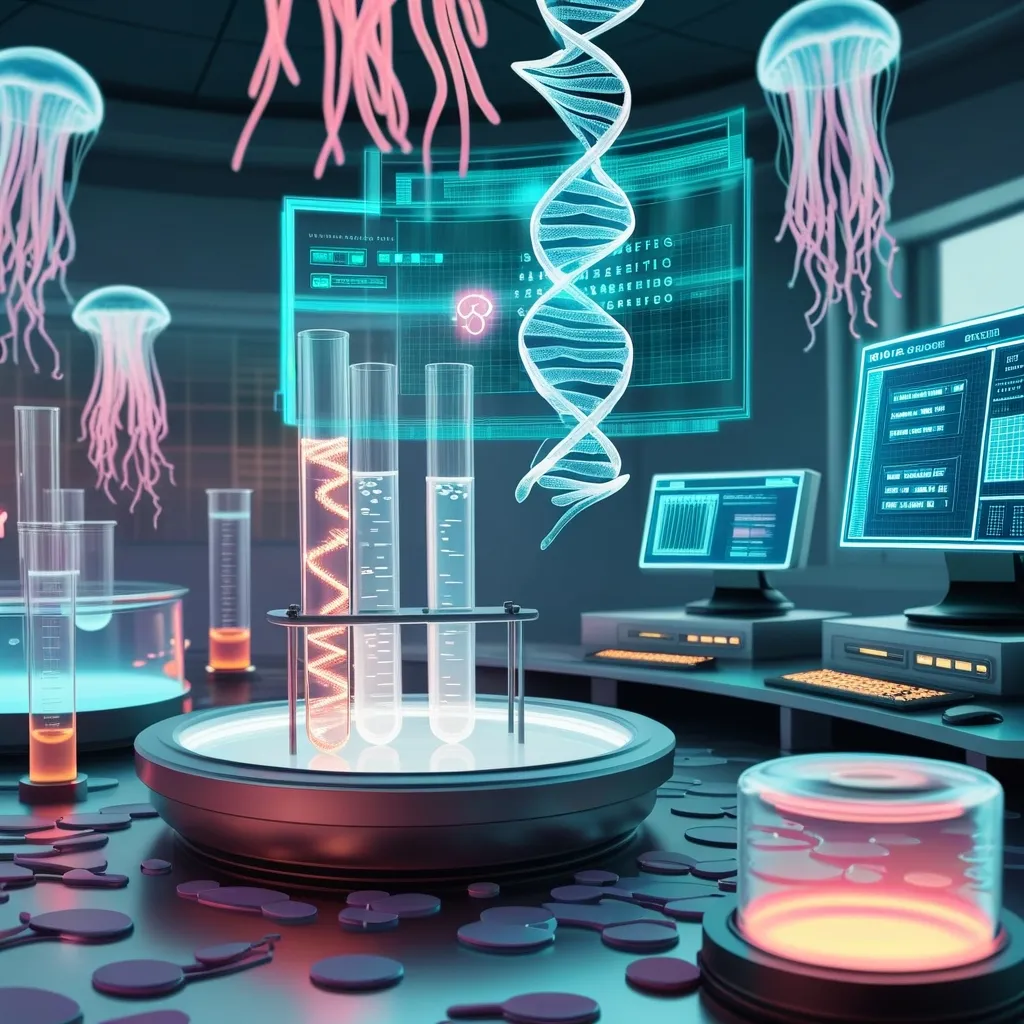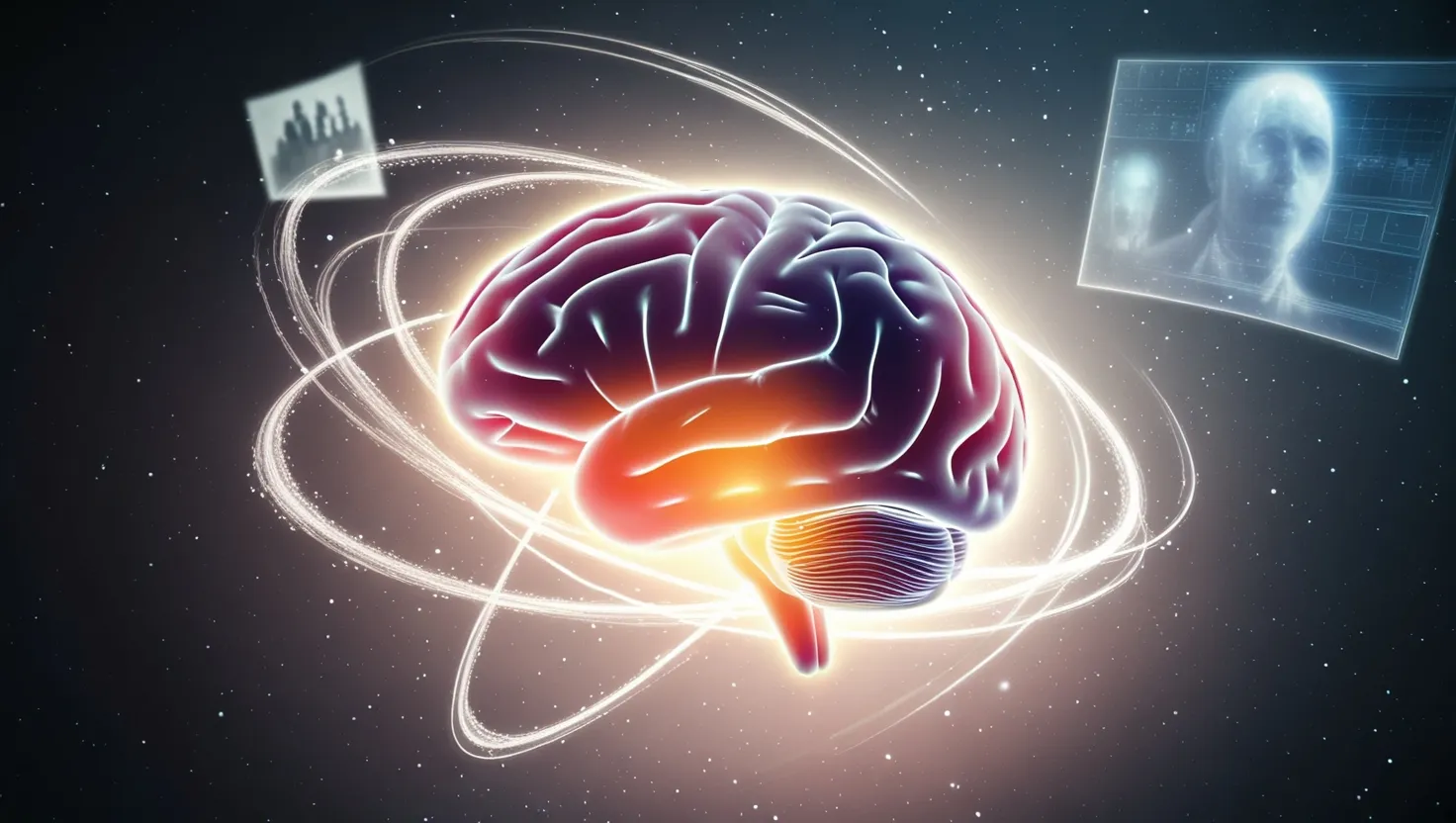Imagine waking up one day and realizing you could live forever. Sounds pretty wild, right? Well, turns out we might not be as far from that reality as you’d think. Scientists have been working their butts off trying to crack the code of immortality, and they’re making some seriously cool progress.
So, there’s this team of brainiacs from Harvard and MIT who’ve come up with these chemical cocktails that can basically turn back the clock on your cells. It’s like giving your body a time machine, but without the DeLorean. They tested this stuff on rats and monkeys, and let me tell you, the results were mind-blowing.
Now, don’t get too excited and start planning your 500th birthday party just yet. We’re still in the early stages, but it’s pretty exciting stuff. These scientists are messing around with something called pluripotent stem cells, which are like the Swiss Army knives of the cell world. They can turn into any other type of cell in your body. Talk about a identity crisis!
But here’s where it gets really interesting. As we age, our cells start to get a bit lazy. They let proteins leak out of the nucleus (that’s like the cell’s control center) and into the cytoplasm (the gooey stuff around it). It’s like your body’s version of a leaky roof. But these chemical cocktails can fix that leak in just four days. Four days! That’s faster than most plumbers, I’ll tell you that.
Now, if you’re thinking this all sounds a bit fishy, well, you’re not wrong. There’s actually a jellyfish out there that’s already figured out this whole immortality thing. The Turritopsis dohrnii, or as I like to call it, the Benjamin Button of the sea, can actually revert back to its juvenile state after reaching adulthood. Talk about a mid-life crisis!
Some scientists in Spain have been studying this jellyfish’s DNA, trying to figure out its secret. Turns out, these little guys are really good at copying and repairing their DNA, and they’ve got some special tricks for maintaining their telomeres (that’s the end bits of chromosomes that usually shorten as we age). If we could figure out how to do that in humans, we might be onto something big.
But not everyone’s content with waiting around for science to catch up. There are some folks out there, like this guy FM-2030 (yeah, that was his actual name), who believe we’ll crack the immortality code by 2030. Spoiler alert: FM-2030 didn’t make it to see if his prediction comes true, but he did have his brain frozen, just in case we figure out how to bring people back from the dead. Talk about hedging your bets!
Now, before you start planning your eternal vacation, we’ve got to talk about the elephant in the room. Living forever isn’t just about keeping your body young. Your brain goes through some major changes as you age, and not all of them are bad. It’s like your brain is Marie Kondo-ing itself, getting rid of the stuff it doesn’t need anymore. But if we lived forever, would our brains just keep decluttering until there’s nothing left? It’s a scary thought.
And let’s not forget about the bigger picture. If people started living forever, it would turn our whole society upside down. Can you imagine if your great-great-great-grandpa was still running for president? Or if you had to work the same job for centuries because nobody ever retired? It’s enough to make your head spin.
But fear not, because science is on the case. We’ve got these super smart AI models now that can read DNA like it’s a book. There’s this one called GROVER (no relation to the Muppet) that can understand DNA sequences the way we understand language. It’s like having a translator for the language of life itself.
This AI stuff could be a game-changer for medicine. Right now, there’s a lot of our DNA that we don’t understand - it’s like the appendix of the genome. But with AI, we might be able to crack that code and figure out new ways to keep our cells healthy and stop age-related diseases.
So, where does all this leave us? Well, we’re not quite ready to start handing out immortality pills at the drugstore. But we’re making progress, and that’s pretty exciting. The chemical cocktails from Harvard and MIT are being tested on humans now, so who knows? Maybe in a few years, you’ll be able to order a youth serum with your morning coffee.
In the meantime, scientists are still studying weird creatures like the immortal jellyfish and using AI to decode our DNA. It’s like we’re putting together a giant puzzle, and every day we’re finding new pieces.
But here’s the thing - even if we do figure out how to live forever, it’s going to change everything. Politicians might actually start caring about long-term problems (imagine that!), but we might also have to deal with some serious generation gaps. I mean, try explaining TikTok to someone who’s been around since the invention of the wheel.
And on a personal level, living forever would be a real mind-bender. What would you do with all that time? Would you finally learn to play the guitar? Write that novel you’ve been putting off? Or would you just spend eternity binge-watching Netflix? (No judgment here, by the way.)
The quest for immortality is more than just a scientific challenge. It’s a journey that’s going to make us rethink everything we know about life, death, and what it means to be human. We might not be immortal yet, but the very act of trying to get there is already changing us in ways we never expected.
So, while we might not be able to live forever just yet, we’re certainly living in interesting times. Who knows what the future holds? Maybe one day, “till death do us part” will be more of a suggestion than a promise. In the meantime, I guess we’ll just have to make the most of the time we’ve got. After all, isn’t that what life’s all about?






